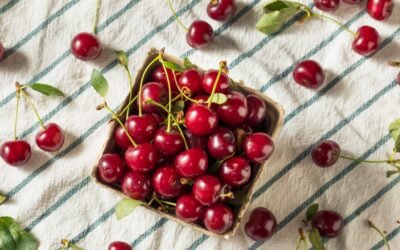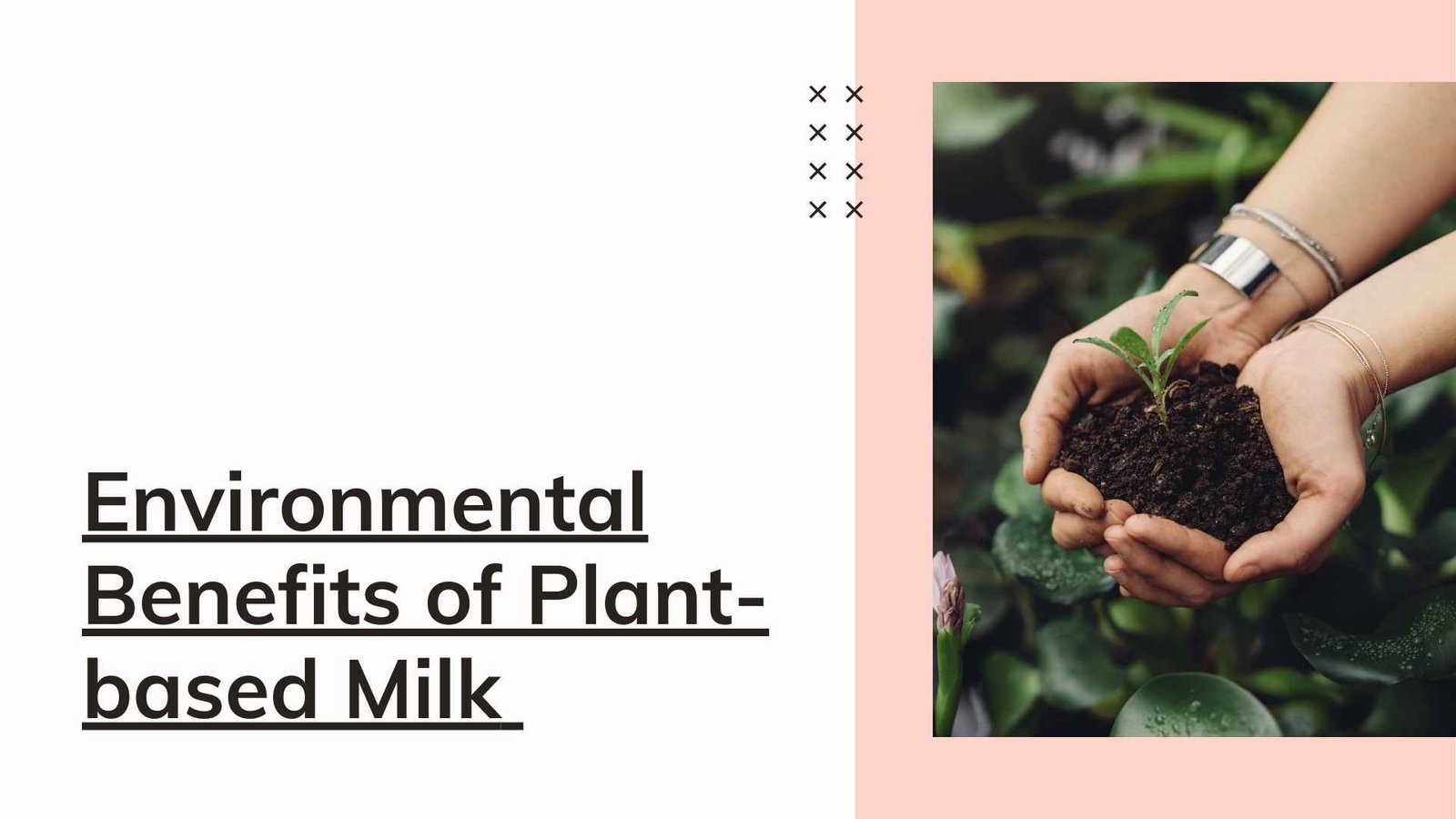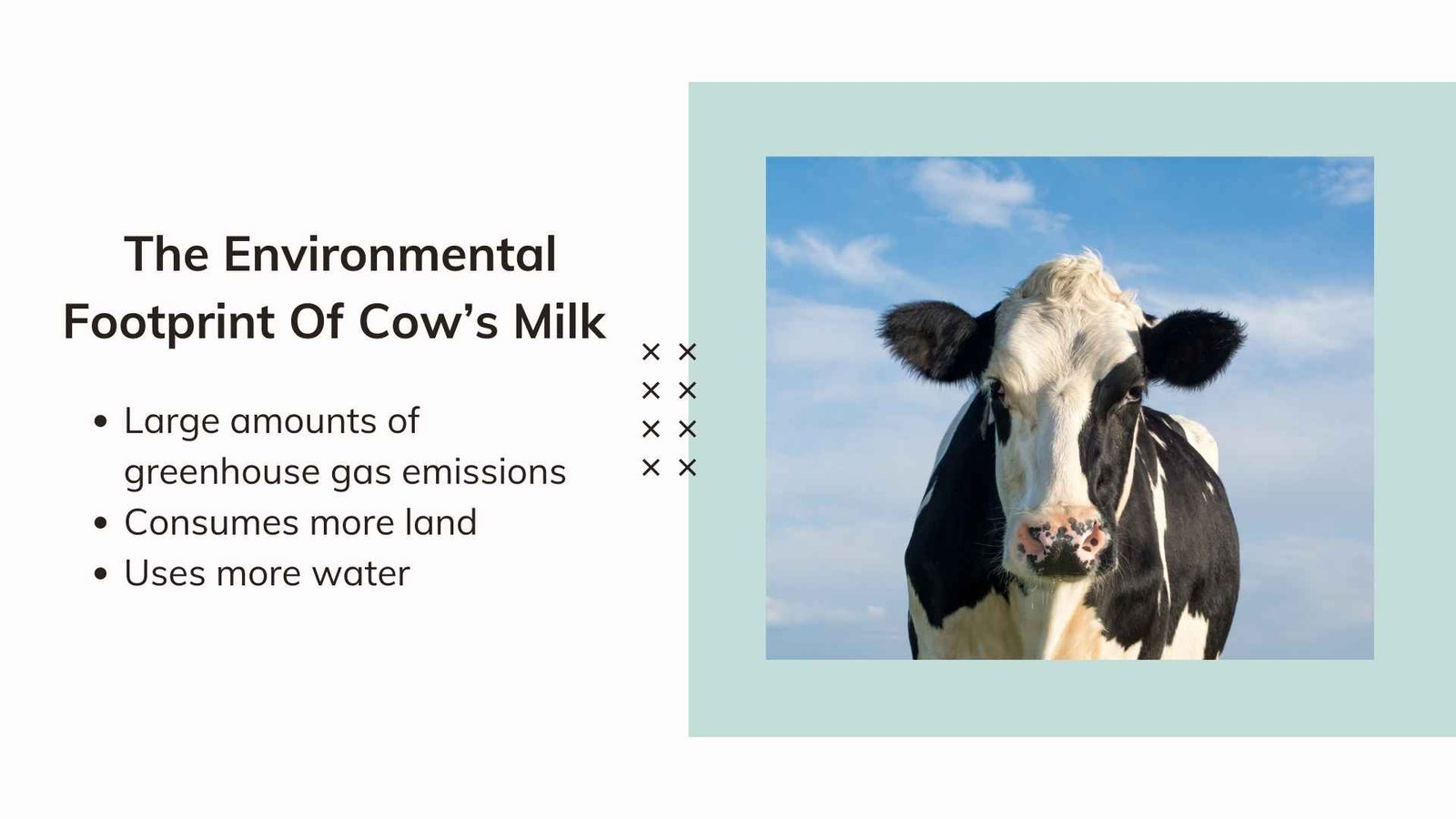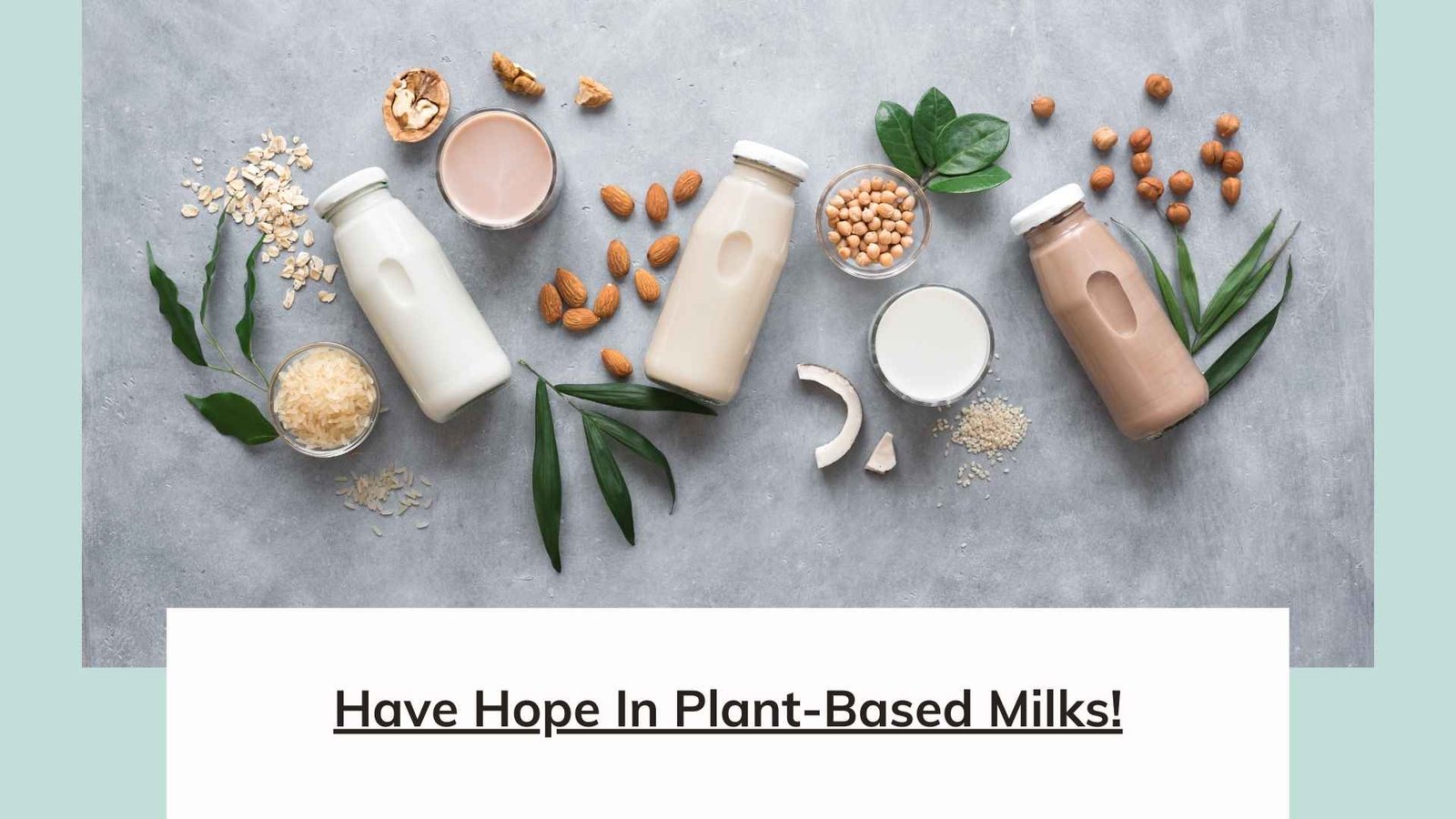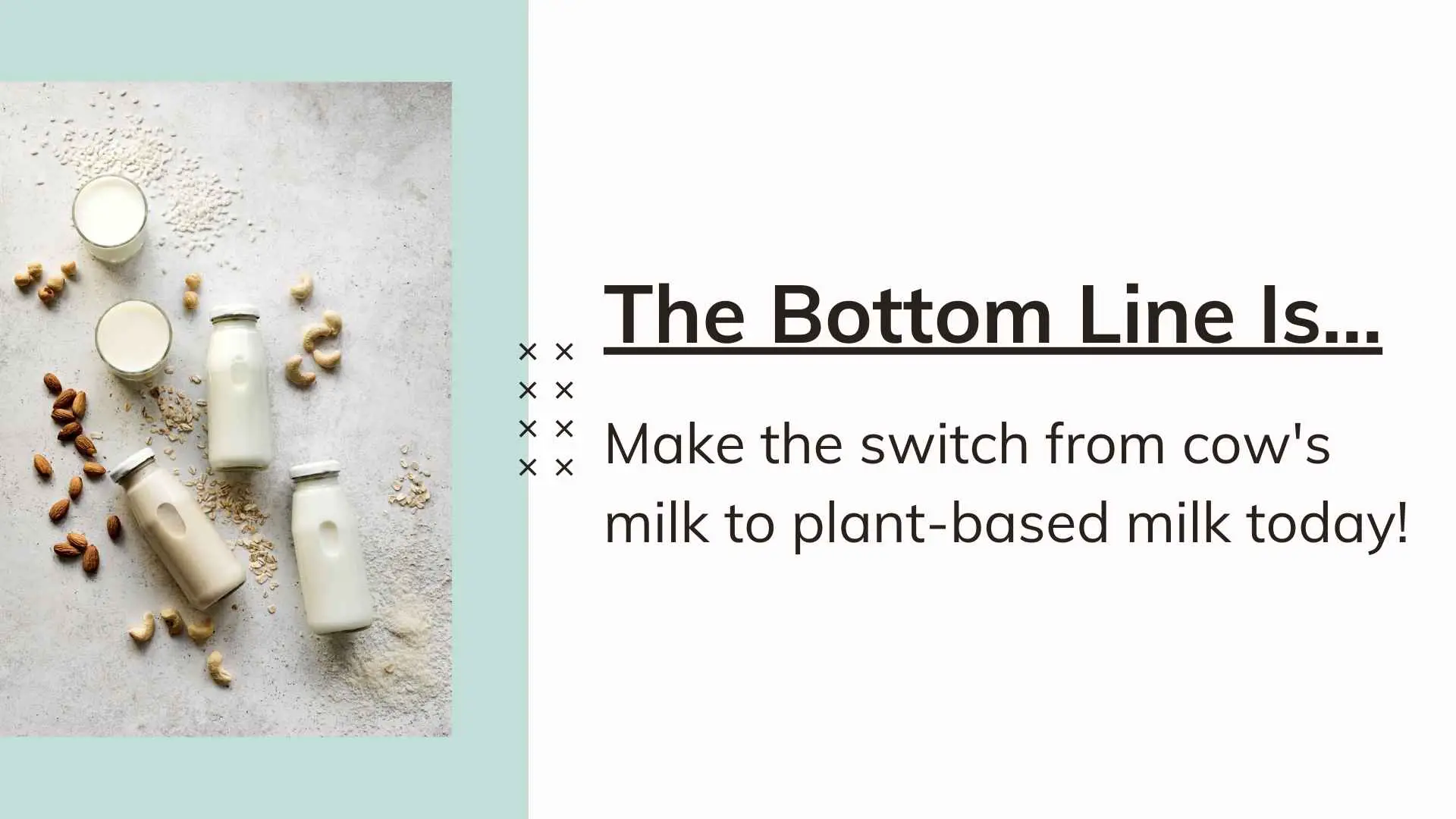Is This Just A Fad?
Of late, veganism and ‘going green’ have become a buzzword among the young and old alike. As we all try to play our part and do our best for the environment, it is important to arm ourselves with the correct facts. This ensures that we are benefitting the environment, not inadvertently harming it. This article aims to introduce you to the environmental harm of drinking cow’s milk and why plant-based milk should be on your watchlist.
The Environmental Footprint Of Cow’s Milk
The headline warning you of the detrimental harm the dairy industry has on the earth are not an exaggeration. Dairy has the biggest environmental footprint, by far. A 2018 study by researchers at the University of Oxford has shown that producing a glass of dairy milk results in almost three times more greenhouse gas emissions than any plant-based milk. In the case of cow’s milk, its global warming potential varies between 1.14 in Australia and New Zealand to 2.50 in Africa. Compare this to the global warming potential of plant-based milk, which, on average, is just 0.42 for almond and coconut milk and 0.75 for soy milk. Greenhouse gas emissions result from the production and transport of feed for cows. Cows also produce methane which can contribute to global warming.
It also consumes nine times more land than any of the milk alternatives. Furthermore, every litre of cow’s milk uses 8.9 square metres per year, compared to 0.8 for oat, 0.7 for soy, 0.5 for almond and 0.3 for rice milk. Land is also required for the pastures where cows graze. Water use is similarly higher for cow’s milk: 628 litres of water for every litre of dairy, compared to 371 for almond, 270 for rice, 48 for oat and 28 for soy milk.
Is There Any Hope?
We are happy to report that there is! To reduce the environmental impact of your daily cup of coffee, try alternative plant-based milk. There are so many varieties, from those made from nuts such as almond and cashew, grains such as oats and rice, or legumes such as soy and hemp.
However, it is important to note that as the production of the various types of plant-based milk ramps up, there is still an impact on the environment. We are consuming foods in really large amounts! For example, growing crops still require the clearing of large swathes of land. Grains like rice require a significant amount of water to grow. Growing oats for oat milk can deplete the soil’s fertility, limiting the diversity of insects and increasing the risk of pest infection.
Best Plant-based Milk: Hazelnut Milk!
If all of these kinds of milk can harm the environment, which of them has the least impact? The answer is simple – hazelnut milk. Hazelnut milk is an excellent option as its flowers are cross-pollinated by wind, and does not cause the mortality of bees and other pollinators. Next, hazelnuts grow in areas with higher rainfall and consume much lesser water than other nuts, such as almonds. As hazelnut grows on trees, the trees also pull carbon from the atmosphere, helping to offset some of the carbon produced in the process of hazelnut milk production and transport. The production of hazelnut milk also has not been linked to deforestation and exploitation of workers so far. As demand for hazelnut milk increases, it is important to keep an eye on this!
A Note On Packaging And Transport
When considering the environmental impact of products on the environment, it is also important to consider the entire farm-to-table process. This includes packaging and transportation. To package plant-based milk, many retailers use cartons or plastic containers. Excess packaging can be harmful to the environment. Furthermore, using reusable containers like glass bottles is heavy and can produce more carbon emissions when transported. Lastly, given the high water content of plant-based milk, the carbon emissions as produced simply to send water from one place to another. To mitigate this, try making your nut milk at home today!
The Bottom Line Is…
Don’t drink cow’s milk. Any plant-based milk alternative is better than cow’s milk in terms of its environmental impact. Plant-based milk requires less land, water, and labor. Growing crops can even carbon dioxide which causes global warming while releasing oxygen into the air. Lastly, consuming plant-based milk can also reduce the stress that cows are put through in the process of producing milk. It’s a win-win!


